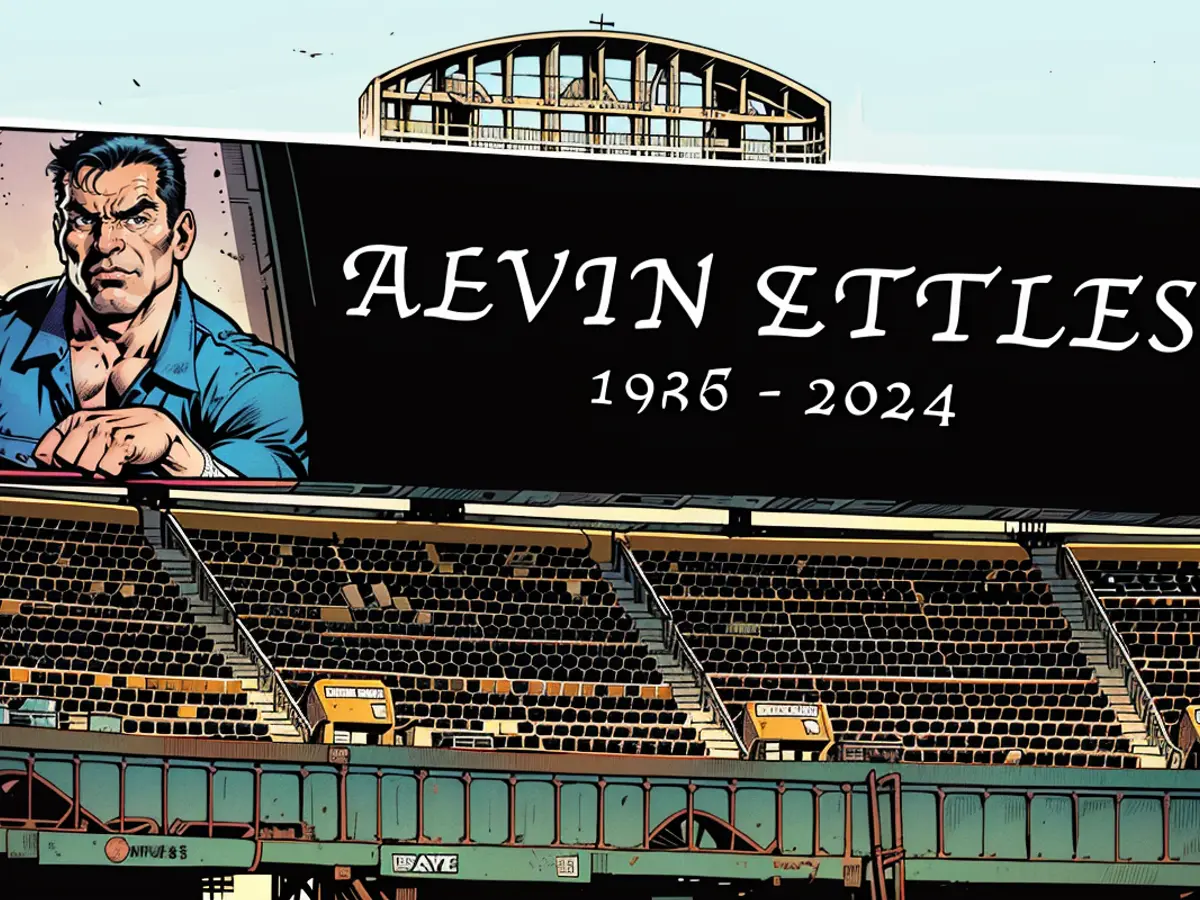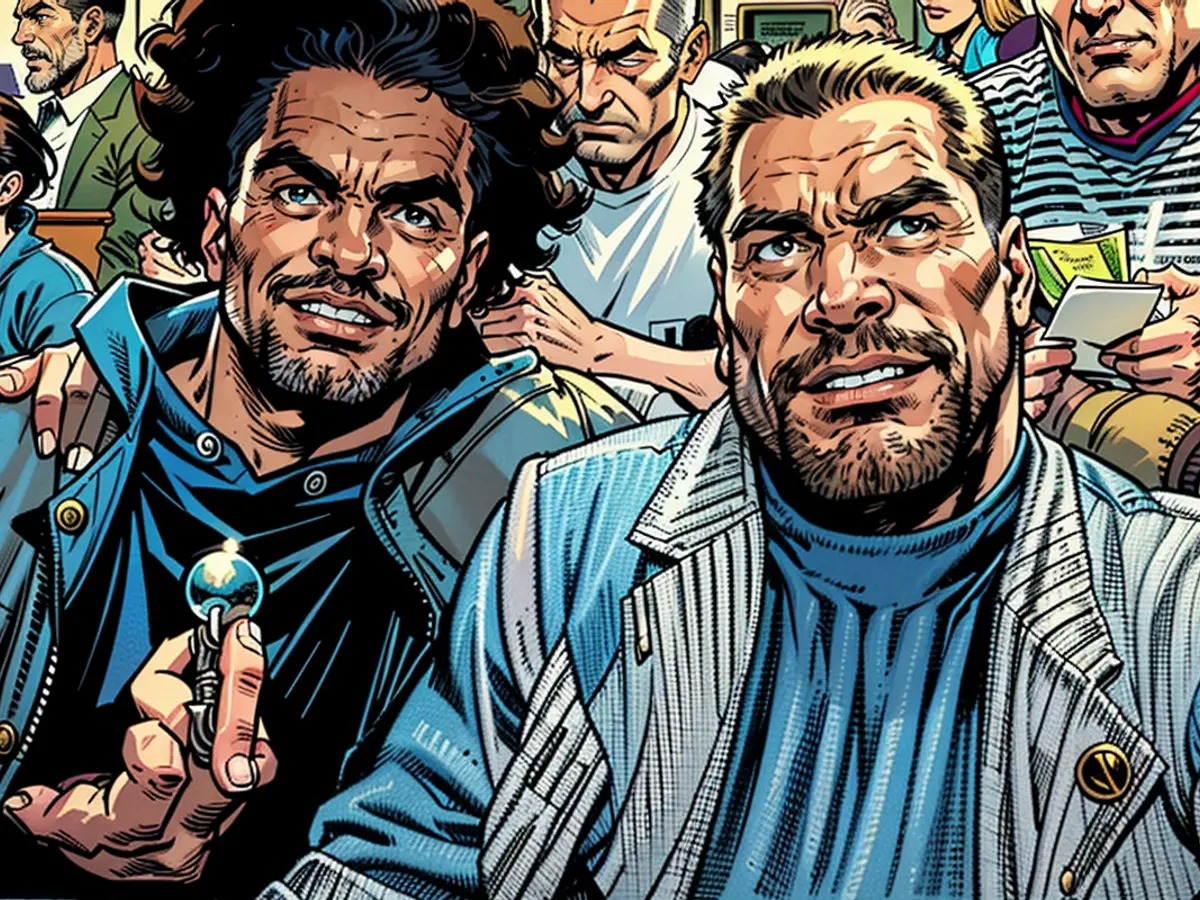The vessel with the softest innermost disposition
"Unlovable in Basketball, Unheard of in Character: Al Attles was more than six decades the face of the NBA squad Golden State Warriors - first as a player, then as a head coach, manager, and representative. As a head coach, he orchestrated the biggest upset in NBA Finals history. Now, he has passed away at the aged 87."
As NBA virtuoso Wilt Chamberlain once said about him, "Nobody has a gripe against Al Attles." "That's rare, in basketball and in sports, in general. It highlights his character, and his true essence." Longtime Warriors journalist Jim Barnett elaborated: "He is an incredibly modest man who never sought the spotlight for his accomplishments. When they won the championship in 1975, he turned down the admiration." When discussing Al, I think of class and sophistication. I think of a gentleman."
Warriors ace Steph Curry expressed his condolences on his Instagram channel: "A very sad day for the entire Bay Area and all Warriors fans. Al was a trailblazer, represented professionalism, bravery, competition, and constantly discovered new approaches. His DNA is ubiquitous in this club. He will forever adorn the rafters and stay in our hearts. #16"
Warriors coach Steve Kerr aptly summarized the profound impact the person who passed away on Tuesday at the age of 87 had on the Bay Area franchise: "Most great organizations with a rich history typically have one player synonymous with that team. Al Attles is that player for us. The 'Original Warrior'. 'Mr. Warrior'. A man who served the same club for over six decades. Unheard of in professional sports. Al was the face of the Warriors, a wonderful friend for us all."
The "Original Warrior"
Attles spent over six decades with the Warriors - the longest tenure any individual has had with a single club in the venerable National Basketball Association's history. The team was still based in Philadelphia, Dwight Eisenhower was the president of the United States, when Attles was picked in the fifth round in 1960. To be precise, Attles had no intention of becoming a professional basketball player. His aspiration after college at North Carolina A&T was to go back to his hometown in New Jersey and work as a teacher at the local high school.
When he reluctantly went to training camp, he had only a few pairs of shorts in his luggage - because he believed he would be sacked immediately. At the time, the Warriors already had the unofficial quota of four black players per team. However, due to Philadelphia trading one of those four players to St. Louis off-season, Attles remained on the team and got his chance.
"God had other plans. I never thought my name would become synonymous with the Warriors," he reminisced while being inducted into the Basketball Hall of Fame in 2019, always self-deprecatingly adding: "I think they made a mistake here."
Only Steph Curry, Chris Mullin, and Draymond Green have played more seasons in a Warriors jersey than Attles. Despite being barely 1.80 meters tall, the tenacious defensive specialist quickly earned the nickname "The Destroyer" because he destroyed the offensive attempts of the opposing team. In hand-to-hand combat on the court - not an unusual occurrence at the time - Attles was always present and posed a formidable threat - despite usually being two heads shorter than his opponents. His favorite moment as a player was a March evening in the 1961-62 season when NBA history was made. "Wilt Chamberlain and I once scored 117 points in a match. That's a fact," Attles would joke, whenever the legendary 100-point night of Chamberlain was raised. Attles and Chamberlain were close friends and remained so until their final days.
1962 saw the franchise move from Philadelphia to the Bay Area. Attles and the San Francisco Warriors reached the NBA Finals twice yet fell short both times. Towards the end of his playing career, the team's then-owner, Franklin Mieuli, approached Attles, inquiring about assuming the coaching position. Initially, Attles declined several times but was eventually persuaded by his wife. The last four years of his career spanned a dual role as a player and a coach, initially as an assistant and occasional coach, and in his final year on the court, 1970-71, as the full-time head coach.
The Biggest Surprise in Finals History
What began as a temporary solution turned out to be a masterstroke. Attles, following Bill Russell, was not only one of the first black NBA head coaches but also swiftly established himself as a "player's coach" due to his intuition, communication skills, and bravery. He was unrivaled in his ability to utilize his entire roster, playing ten, eleven, or even twelve players - a novelty at the time. What started as a violation of traditional conventions soon became the standard, especially after the most significant upset in Finals history.
In 1975, the now Golden State Warriors, as underdogs, qualified for the NBA Finals, where they faced the overwhelmingly favored Washington Bullets. The Washington team had won 60 games and boasted superstars Wes Unseld and Elvin Hayes. Golden State had only one star, Rick Barry. Thanks to Attles' inspiring leadership and a deep team that reached its peak at the right time, the Warriors shocked their adversaries and swept the Bullets 4-0.
The third title triumph following 1947 (BAA) and 1956 marked the final victorious stretch for an impressive 40-year drought, until the Warriors breathed new life into a dynasty in 2015, claiming their opening title among four and six Finals showings. Paying homage to his former coach, Barry acknowledged, "Al's exemplary leadership, unity, and strategic acumen were instrumental in our success at the pinnacle of competition." Stricken by his mentor and confidante's demise, he shared, "My heart mourns the absence of my educator and companion. Al imparted invaluable lessons about professionalism that elude court instruction."
An Unparalleled Legacy
Attles dedicated 14 years to steering the Warriors' fortunes. Upon his 1983 retirement, his win count of 557 placed him atop the franchise, impending challenges from Steve Kerr (519) and Don Nelson (422). Attles piloted his Warriors to post-season appearances six times, including three stints in the Conference Finals. From 1976 to 1986, he also assumed the mantle of club president before transitioning into a vice-president and advisory role. His swansong title was "Warriors Legend and Community Ambassador."
The Warriors immortalized his jersey number 16 in the rafters, joining those of Chamberlain (13), Barry (24), Thurmond (42), Tom Meschery (14), and another Warriors icon, Chris Mullin (17): "Alvin had an extraordinary, constructive impact on my career. He not only recruited me in 1985 and facilitated my relocation to the Bay Area but also supported me as a player and budding young adult, during the highs and lows."
Attles' indomitable spirit, self-awareness ("I was never the most gifted, but I always gave my all"), and unparalleled positivity towards colleagues and contemporaries made him a legend. The embodiment of all that this club aspires to be, he was respected not merely for his athletic accomplishments, but also for his dedication to the community. At heart, he advocated for righteousness, wanting this to be his enduring testimonial.
"He was a cherished friend, mentor, and role model, whom I deeply respected and aspired to emulate," shares Mullin. "He set the bar for us all in terms of morality and humility, and was a veritable champion both on and off the court. There'll never be another Alvin Attles."
The friendship between Attles and Wilt Chamberlain was evident even in their basketball achievements, as they once scored an impressive 117 points together.("Wilt Chamberlain and I once scored 117 points in a match. That's a fact," Attles would joke)
Attles' coaching style was innovative, as he frequently utilized all ten, eleven, or even twelve players on his roster.("He was unrivaled in his ability to utilize his entire roster, playing ten, eleven, or even twelve players - a novelty at the time.")









